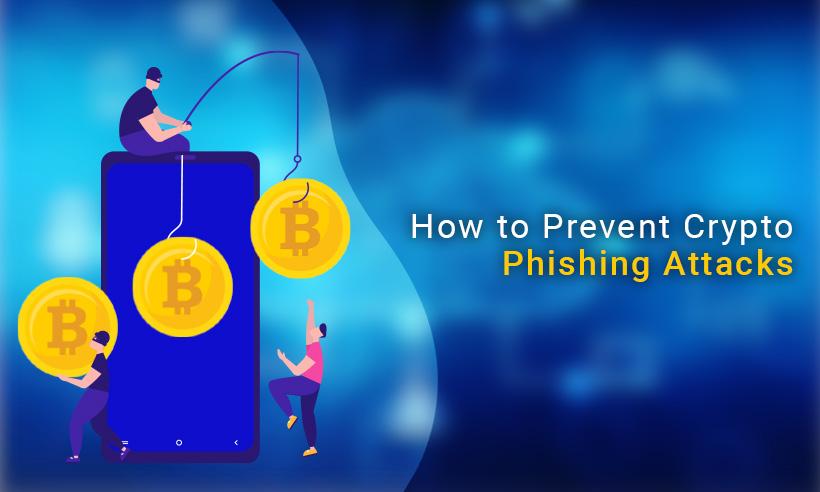Jun 14, 2022
by Guneet Kaur
Phishing Attacks in Crypto And How to Prevent Them
.
Disclaimer: The views and opinions expressed in this article are for informational purposes only and do not constitute financial, investment, or other advice. Investing in or trading crypto assets comes with a risk of financial loss.
Guneet Kaur is a certified credit and securities analyst. She is MSc Fintech graduate (with distinction) from the University of Stirling, Scotland, United Kingdom. Prior to MSC, she has also done MBA from GNDU (gold medal) and has worked as a global client and partner business manager with Singapore-based MNC. She has written various conference papers and has authored a book titled 'The Magic Of Compounding'. She was the Finalist of the Women in STEM-Lovelace Colloquium that was held in 2019 at the University of Salford, UK, and Royal Bank of Scotland's Hackathon in 2019. Her expertise includes financial modeling, Cryptocurrencies, DeFi, Blockchain, quantitative analysis, academic research, business valuation, business analysis, data visualization, financial fraud, and AML analysis.
